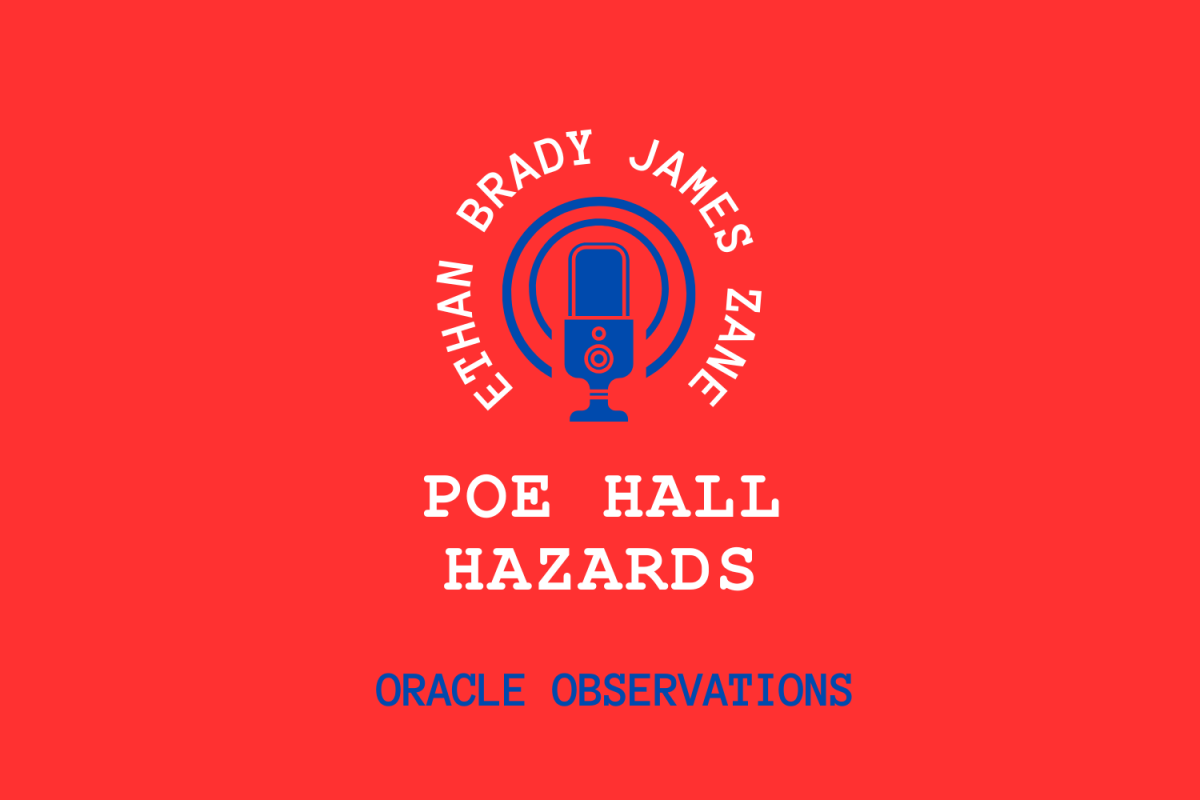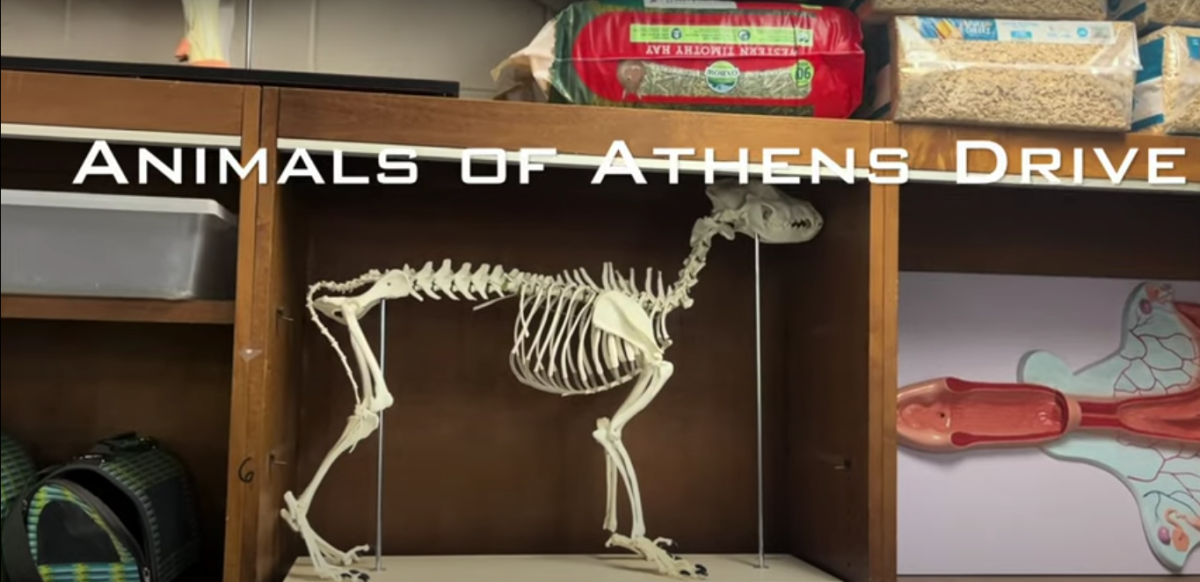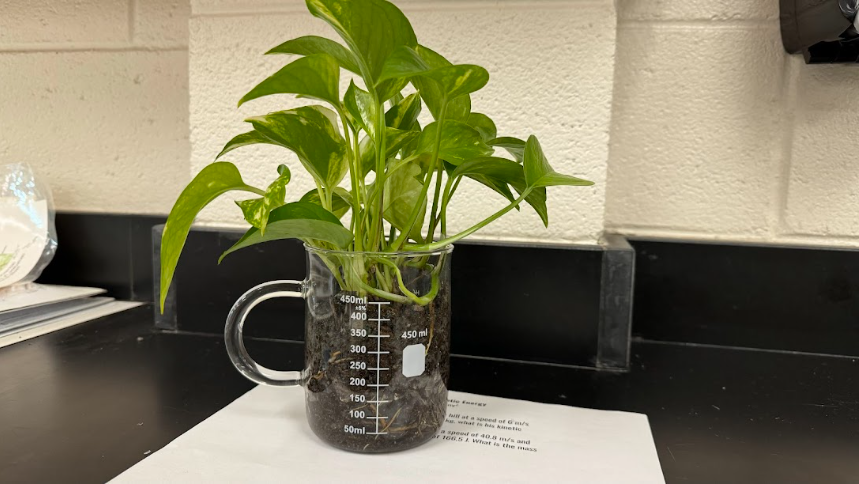 The Keystone Oil Pipeline would pass through international boundaries between the U.S. and Canada, thus requiring presidential approval from Barack Obama—approval that has already been once denied, and another decision is expected to be reached eventually, possibly sometime this spring, though Obama seems content to hold off indefinitely on making it. Though many Americans are in favor of the pipeline (65 percent, according to a Washington Post-ABC News Poll), it should not be allowed into the U.S. because of the harm that it will bring.
The Keystone Oil Pipeline would pass through international boundaries between the U.S. and Canada, thus requiring presidential approval from Barack Obama—approval that has already been once denied, and another decision is expected to be reached eventually, possibly sometime this spring, though Obama seems content to hold off indefinitely on making it. Though many Americans are in favor of the pipeline (65 percent, according to a Washington Post-ABC News Poll), it should not be allowed into the U.S. because of the harm that it will bring.
Those lobbying against the pipeline might be lacking in numbers, but critics of the Keystone pipeline and further expansion have valiantly endeavored to make their voices carry over the easy appeal of so called “benefits” associated with the pipeline. These efforts at combating the plethora of misinformation available about the pipeline are worthy of support.
For example, many Americans support the pipeline out of the mistaken assumption that it will come with significant job growth. This, however, is simply untrue. An independent review by the State Department found while 3,900 workers would be employed directly if the job is done in one year, or 1,950 per year if work is spread over two, actually running the pipeline would yield just fifty long-term positions. It would also support another 42,100 indirect or induced jobs during construction, but these too would not be long term.
To put the numerical data into perspective, Anthony Swift, staff attorney for the National Resources Defense Council, said, “That’s a similar amount of construction work to what’s necessary to build a medium-size mall, and after it’s built, far fewer permanent positions.”
Other proponents of the pipeline feel that it will lessen U.S. dependence on oil from outside countries, but this is not the case. TransCanada, the company behind Keystone XL plans to extract and export nearly all of the refined oil, since it will sell for a higher price in overseas markets than it would within the U.S.
In addition, a potential expansion of the oil pipeline raises a clear environmental issue in that it would carry some of the dirtiest oil on the planet. According to the nonpartisan Congressional Research Service, studies found that producing and processing Canadian bitumen into fuel creates between 70 percent and 110 percent more greenhouse gas emissions than the weighted average of transportation fuels now used in the U.S.
Native American groups from within both the U.S. and Canada have also stood together in solidarity against the oil pipeline and its expansion. Their desire to keep the pipeline from expanding stems from seeing first hand harm it has caused in communities where it is already present and out of concern for future harm it is likely to cause in communities to which it spreads. The Assembly of First Nations in the Northwest Territories cites problems caused by oil extraction as cancer causing water contamination and a severe decrease in caribou population.
Additionally, the pipeline as it currently exists already runs through a native reservation in Northern Alberta. This traditional territory belonging to the Dene Tha’ First Nation was the site of a massive explosion and oil spill during 2009. The explosion and oil spill was determined to have been caused by ineffective management and inadequate field inspections, and the report that determined its cause went unreleased for a total of three years. The National Energy Board chalked this up to an “administrative error.” The timing, however, has been noted by CBC News as suspect. During the period in which the report went unreleased, TransCanada was in the process of negotiating U.S. safety requests on pipeline construction.
At first glance the expansion of the Keystone Oil Pipeline may seem like an innocent and even innovative proposal, but this is only due to widespread misinformation about what the project really entails. In reality, there is nothing new about exploiting indigenous peoples for profit, and the proposed expansion brings with it many dangers. In Canada, where the Pipeline already exists, people are finally beginning to acknowledge these dangers. In fact, a poll showed that 50% Canadian citizens feel that the project’s risks outweigh its benefits. With this kind of lackluster satisfaction rating from people living in a place where the pipeline currently exists, perhaps U.S. citizens should reconsider their willingness to let the pipeline encroach into their borders.














